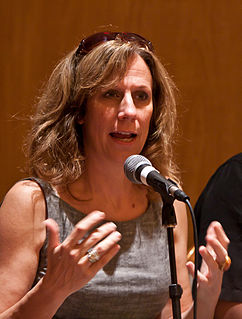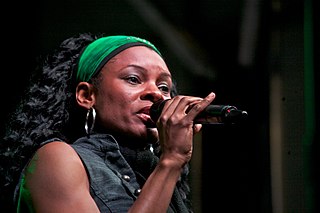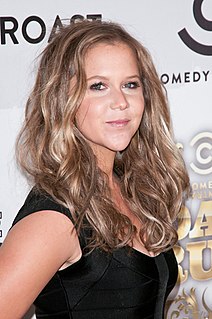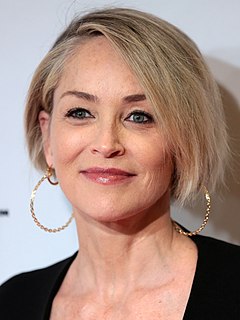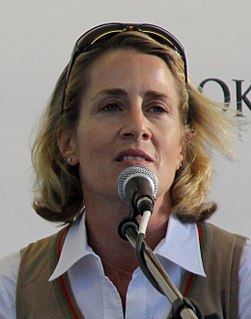A Quote by Lizz Winstead
When you go out for drinks, tell people to bring in a news story that made them say "Oh my god." Talk about it.
Related Quotes
People are valuable regardless of the color of their skin. You can be open about it and talk about it. You don't have to pretend that you are not different, but you can learn about those differences God didn't say, 'Ooh, I made you brown on accident.' He made them that color on purpose. And if you do not have friendships with other races, then ask God to bring you some. He will.
One of the things that I was kind of holding on to from 'The Daily Show' was there was an exhaustion that I would feel because we just kind of got caught up in the news cycle. You tell a story, and that's an interesting story, and then the next day we have to drop it and talk about something else. That's so unfair to the story and the people.
What happens at the average church or synagogue or mosque is that I don't know many priests or ministers or rabbis who say to their congregation, 'go home and talk about the religion at the kitchen table with your kids...talk about God, talk about what this is all about.' They say in general, come back on the weekend, we'll talk to you about it.
I'm 64, but I act like I'm still 12. I go to schools. At colleges, they come out in droves, they almost scare me. I think it's just to see if I'm still alive. After I work them out - and it's not easy - I sit them down and we have a serious talk. Are they eating? Working on their body? I can say things parents won't say. No matter where I go, I talk to each one individually after I teach. They tell me things like, 'I'm starving, guys like girls thinner.' I give them concrete advice about self-image and self-worth.
I would say plotting is the most difficult thing for me. Characterization is only hard because sometimes I feel I get so interested in it that I want to talk too much about the characters and that slows the story down. So I say, "Hey, people want to find out what's going to happen next, they don't want to listen to you spout off about this or that person." But I think even the bad guy deserves to tell his side of the story.
A story is a way to say something that can't be said any other way, and it takes every word in the story to say what the meaning is. You tell a story because a statement would be inadequate. When anybody asks what a story is about, the only proper thing is to tell them to read the story. The meaning of fiction is not abstract meaning but experienced meaning.
I've never been willing to lie about my age. Why on earth would I want to tell people I'm 35, which I'm not, and have them say, 'Oh that's nice,' when I could tell them I'm 47, which I am, and have them look at me and go, 'Whoa!'. I'm not afraid of aging. I stopped being afraid of life a long time ago.
The media are very dishonest. In fact, in covering my comments, the dishonest media did not explain that I called the fake news the enemy of the people - the fake news. They dropped off the word "fake." And all of the sudden, the story became, the media is the enemy. They take the word "fake" out, and now I'm saying, oh, no, this is no good. But that's the way they are. So I'm not against the media. I'm not against the press. I don't mind bad stories if I deserve them. And I tell you, I love good stories, but we won't - I don't get too many of them.
I know a good story from a bad story. But when you have a really good story and they make it bad, I'll say to my wife, "Oh, tonight, I'm going to enjoy watching television because I did great, and wait until you see this." And then, they put it on and it's like - oh, that's not so good. They are fake news.
If you go and talk to most people, they mean well but they don't have much of a breadth on education, of knowledge of understanding what the real issues are and therefore they listen to pundits on television who tell them what they are supposed to think and they keep repeating that until pretty soon they say, 'Oh, well that must be true.'
